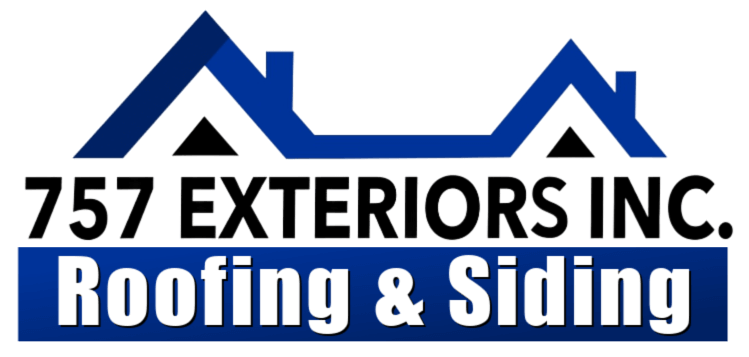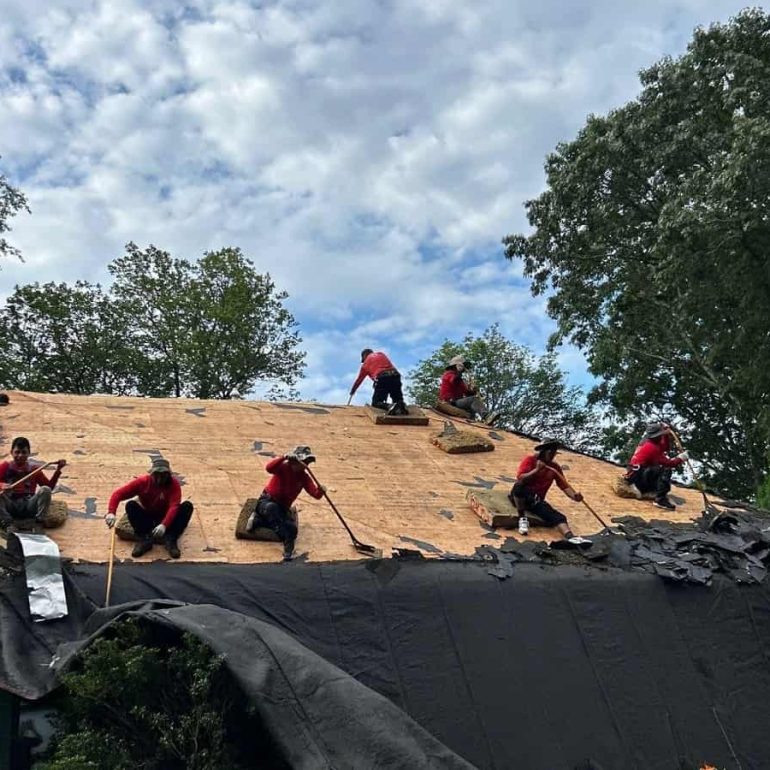As a business owner or property manager, your commercial building represents one of your most significant investments. The roof, in particular, serves as the first line of defense against environmental elements that could damage your property. Regular roof inspections are not just recommended—they’re essential for protecting this critical business asset.
Why Commercial Roof Inspections Matter
Commercial roofs face unique challenges compared to residential roofing systems. They typically cover larger areas, feature more complex designs, and contain numerous penetrations for HVAC systems, vents, and other equipment. These factors create multiple potential points of failure that require vigilant monitoring.
Regular professional inspections provide numerous benefits:
Extending Roof Lifespan
The average commercial roof is designed to last between 15-30 years, depending on the material. However, without proper maintenance and regular inspections, that lifespan can be significantly reduced. Professional inspections help identify minor issues before they escalate into major problems, potentially adding years to your roof’s service life.
Preventing Costly Repairs
Water damage from roof leaks can quickly cascade into extensive damage to building interiors, inventory, equipment, and electrical systems. What might begin as a minor repair can balloon into a five-figure emergency if left unaddressed. Regular inspections help catch these issues early when repairs are simpler and more affordable.
Maintaining Warranty Coverage
Many commercial roofing warranties require documented regular maintenance and inspections. Skipping these inspections could potentially void your warranty—leaving you fully responsible for any necessary repairs or replacements.
Ensuring Business Continuity
A roof failure can disrupt your business operations, potentially forcing temporary closure and resulting in lost revenue. Regular inspections help ensure your business can continue operating without unexpected roofing emergencies.
When to Schedule Commercial Roof Inspections
At 757 Exteriors Roofing and Siding, we recommend scheduling professional commercial roof inspections:
- Bi-annually: Spring and fall represent optimal inspection times, allowing for preparation before summer heat and winter precipitation.
- After major storms: High winds, hail, heavy rain, or snow can damage roofing systems and should trigger an immediate inspection.
- When purchasing a property: Always include a thorough roof inspection as part of your due diligence process.
- After installation of new equipment: Any time new equipment is installed on your roof, an inspection should verify that penetrations were properly sealed.
What Professional Inspectors Look For
A comprehensive commercial roof inspection from 757 Exteriors includes examination of:
Membrane Condition
Our inspectors evaluate your roofing membrane for signs of damage such as:
- Cracks, blisters, or tears
- Areas of ponding water
- Membrane shrinkage or pulling away at edges
- UV deterioration or material fatigue
Flashing Integrity
Flashing failures represent one of the most common sources of commercial roof leaks. We carefully inspect:
- Roof penetrations around HVAC units and vents
- Edge flashing and terminations
- Wall connections and transitions
- Expansion joint covers
Drainage Systems
Proper drainage is essential for preventing water accumulation. Our inspection evaluates:
- Gutters and downspouts for blockages
- Internal drains and scuppers
- Drain covers and strainers
- Pitch and slope adequacy for water runoff
Interior Indicators
We don’t just look at the exterior—interior signs can reveal hidden roof problems:
- Water stains on ceilings or walls
- Mold or mildew growth
- Unusual odors that might indicate dampness
- Signs of air or heat loss through the roof assembly
Commercial Roofing Systems and Their Specific Inspection Points
Each roofing system requires specialized inspection approaches. At 757 Exteriors, we’re experienced with all commercial roofing types:
TPO and Modified Bitumen Flat Roofs
For these popular flat roofing options, we pay particular attention to:
- Seam integrity and adhesion
- Membrane punctures
- Edge terminations
- Signs of chemical exposure or contamination
Metal Roofing (Standing Seam and R-Panel)
Our metal roof inspections focus on:
- Panel seams and fasteners
- Signs of corrosion or rust
- Panel expansion/contraction issues
- Trim and ridge cap condition
Coating Systems (Waterproof and Silicone)
For protective coating systems, we evaluate:
- Coating thickness and coverage
- Adhesion to substrate
- Signs of peeling, cracking, or deterioration
- UV resistance performance
The Inspection Process: What to Expect
When you schedule a commercial roof inspection with 757 Exteriors, our process includes:
- Documentation review: We begin by examining existing roof documents, including warranty information, repair history, and previous inspection reports.
- Physical inspection: Our certified inspectors conduct a thorough on-roof evaluation, documenting conditions with photographs and detailed notes.
- Interior check: We examine attic spaces, top floors, and any areas showing signs of water infiltration.
- Analysis and report: Following the inspection, you’ll receive a comprehensive report detailing our findings, including:
- Current roof condition assessment
- Documentation of deficiencies with photographs
- Prioritized recommendations for repairs or maintenance
- Estimated remaining roof life
- Budget considerations for future planning
DIY Between Professional Inspections
While professional inspections are irreplaceable, your facilities staff can conduct visual inspections between professional visits. Train your team to watch for:
- Visible debris accumulation
- Blocked drainage systems
- Obvious membrane damage
- Interior water stains or drips
- Doors or windows becoming difficult to open (potentially indicating structural issues)
These regular visual checks can help identify problems early, but they should supplement rather than replace professional inspections.
Choosing the Right Commercial Roofing Partner
When selecting a commercial roofing inspection provider, look for:
- Specific experience with your roofing system type
- Proper licensing and insurance
- Detailed inspection protocols and reporting
- Manufacturer certifications
- Strong local references and reputation
At 757 Exteriors, we bring decades of commercial roofing expertise to each inspection. Our team is thoroughly trained on all commercial roofing systems, including TPO, modified bitumen, standing seam metal, R-panel, and specialized coating systems.
The Cost of Neglect vs. Proactive Maintenance
Consider these statistics that demonstrate the value of proactive roof maintenance:
- Buildings with reactive maintenance programs spend an average of $0.25 per square foot annually on roof repairs.
- Buildings with proactive inspection and maintenance programs spend only $0.14 per square foot annually.
- Properly maintained commercial roofs typically last 21 years, while reactively maintained roofs average just 13 years of service.
The math is clear: regular inspections and maintenance provide both immediate cost savings and long-term value protection.
Conclusion
Your commercial roof represents too significant an investment to leave to chance. Regular professional inspections from 757 Exteriors provide peace of mind that your roofing system is performing as designed, protecting your building and business operations.
Our comprehensive commercial roofing services—including inspections, maintenance, repairs, and complete system installations—are designed to maximize your roof’s performance and lifespan. From TPO flat roof systems to standing seam metal roofs, our experienced team has the expertise to help you protect your investment.
Contact 757 Exteriors today to schedule your professional commercial roof inspection and take the first step toward proactive roof management that saves money and prevents business disruptions.



